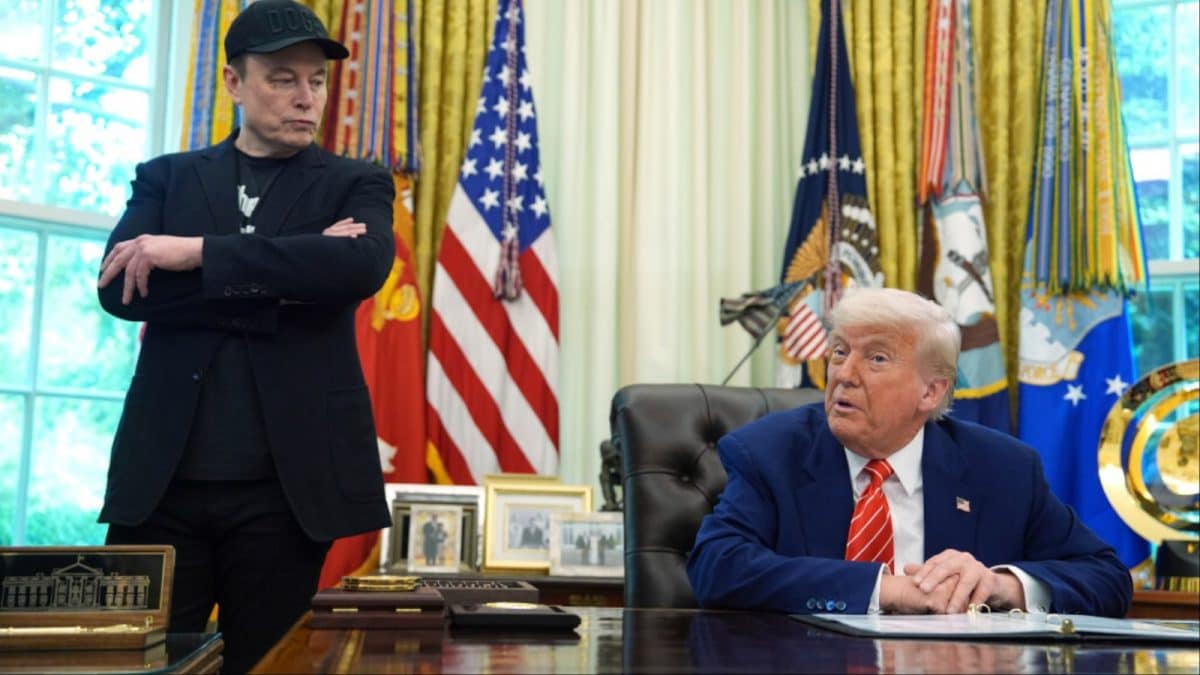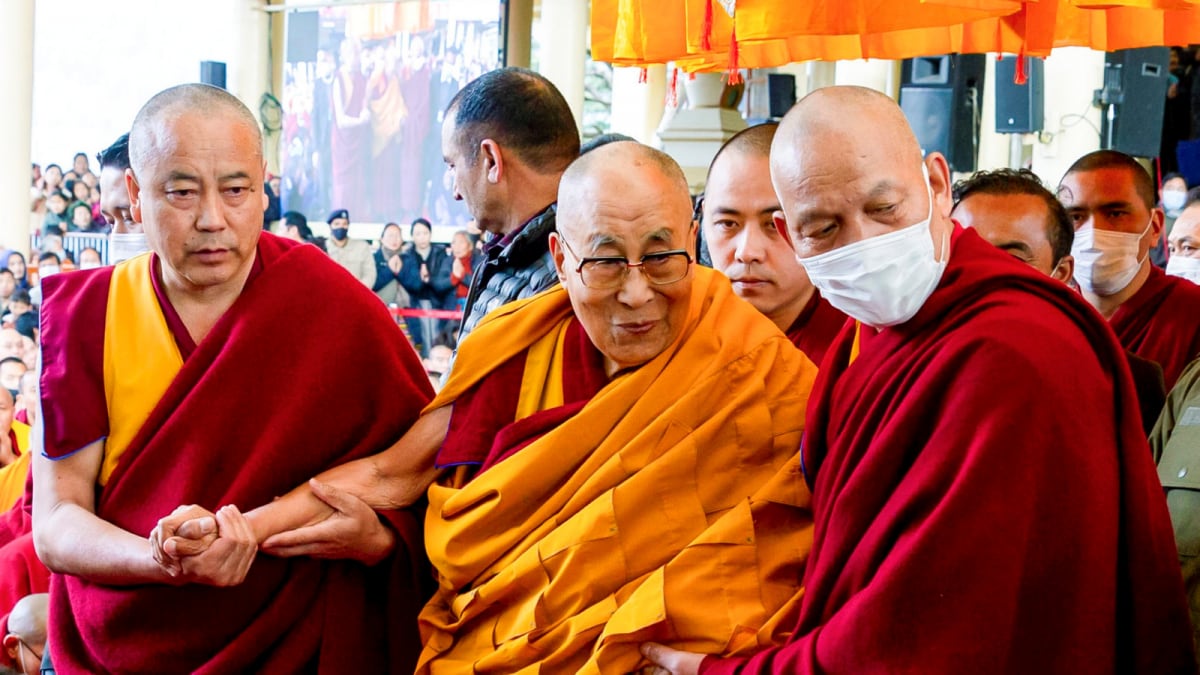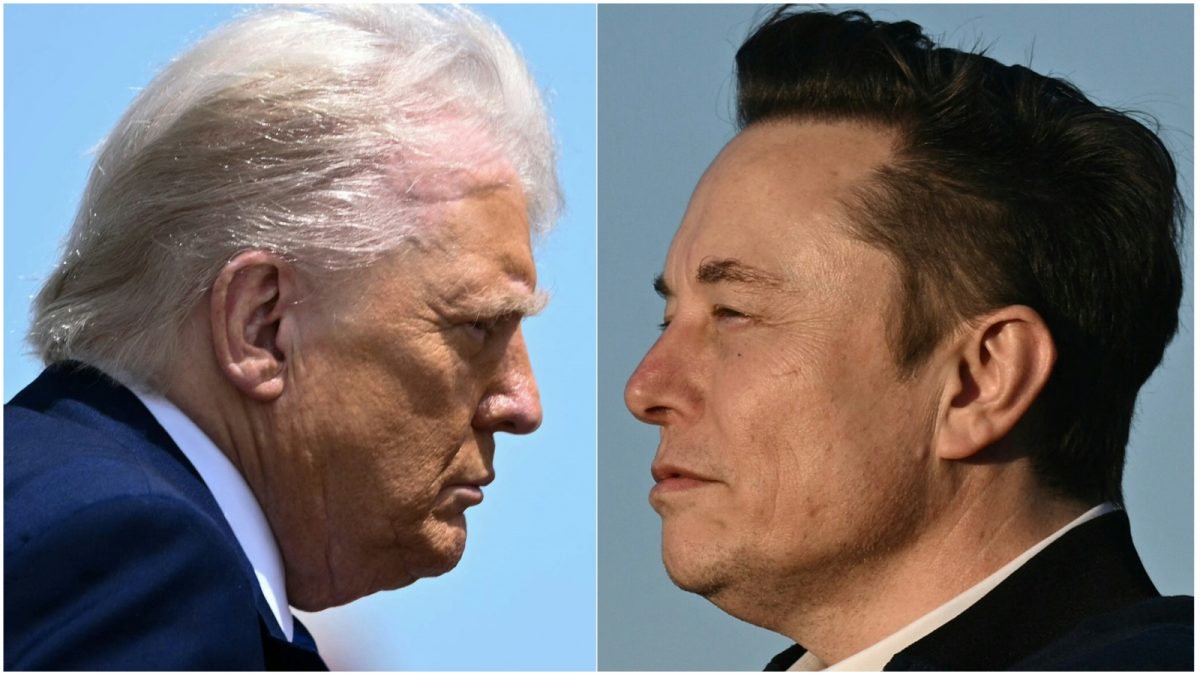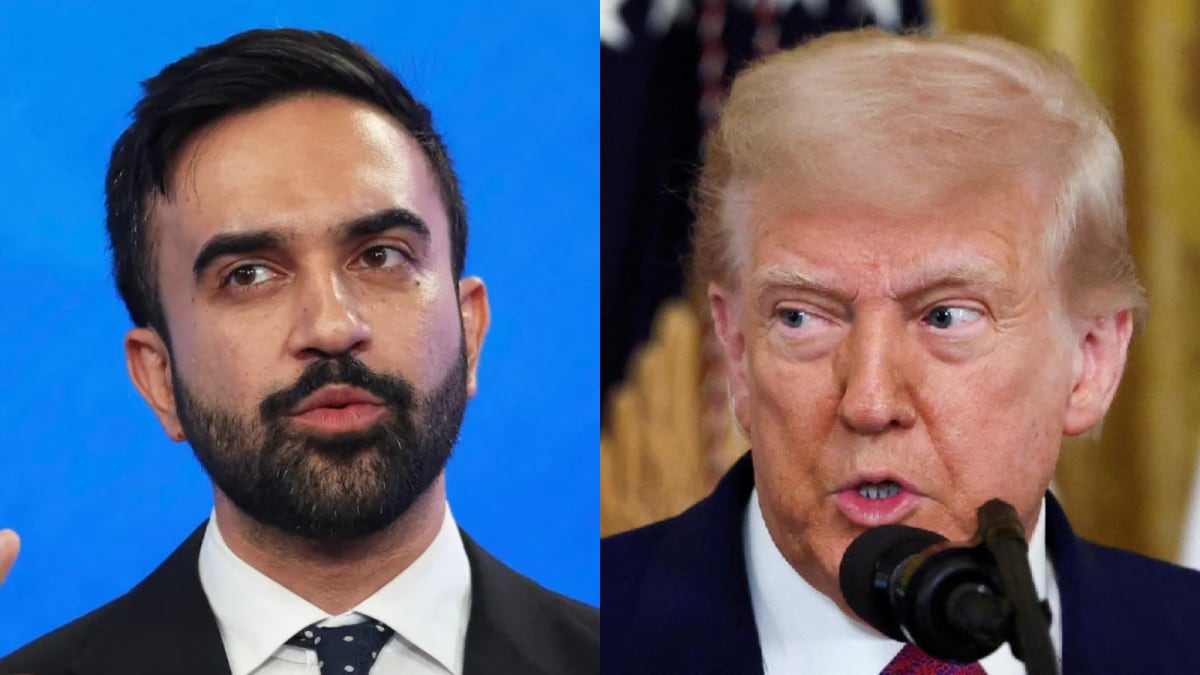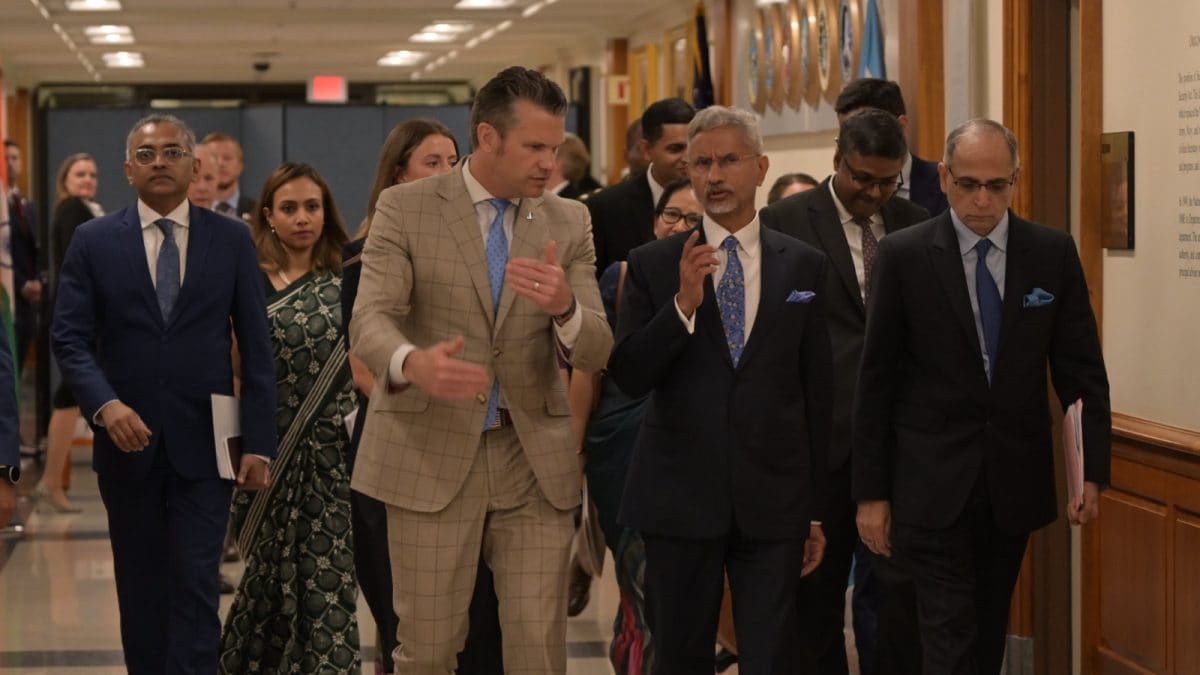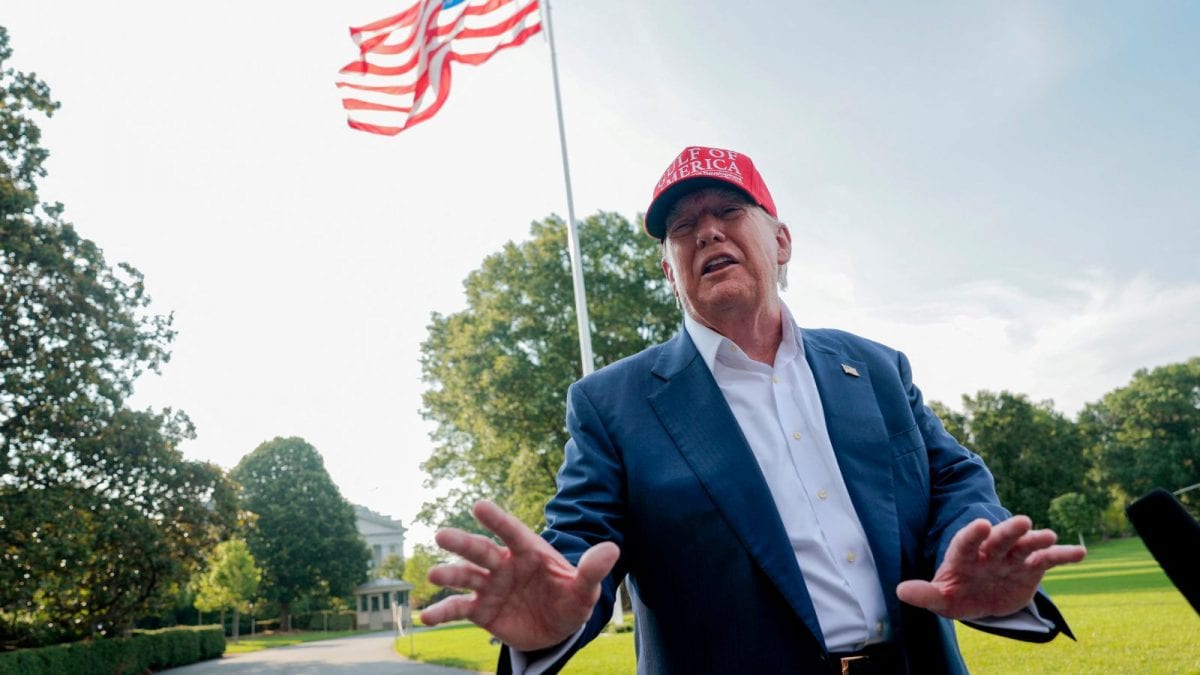Last Updated:May 14, 2025, 14:55 IST
Pakistan and China are using Bangladesh’s internal volatility, rising radicalism, and Yunus’s pro-China tilt to expand their front against India beyond Kashmir

Pakistan PM Shehbaz Sharif with Chinese President Xi Jinping. (Reuters/File)
The China-Pakistan strategic nexus, long entrenched in Kashmir, is now expanding its focus to India’s eastern frontier, CNN-News18 has learnt. While Bangladesh had previously remained a reluctant participant in this equation, economic pressures and the rise of Islamist radicalisation are now creating fertile ground for external interference.
Bangladesh’s interim leader, Muhammad Yunus’s recent remarks portraying Bangladesh as the “only guardian of the ocean" for India’s landlocked Seven Sisters region — and suggesting this could be an “extension of the Chinese economy" — are being seen as a potential alignment with Chinese and Pakistani geopolitical interests.
Yunus’s emphasis on the strategic use of Bangladesh’s seaports, including Chittagong and Mongla, aligns with China’s objective of bypassing India’s regional dominance.
Recent geopolitical developments suggest that Pakistan is attempting to leverage Yunus’s transitional leadership to further Chinese interests vis-à-vis India. This approach is consistent with Islamabad’s broader strategy of diverting India’s focus from Kashmir by creating a simultaneous pressure point in the East.
According to sources, the ISI is exerting pressure to remove Bangladesh’s Army Chief. However, the majority of Army Commanders continue to support the Chief. The ISI’s objective appears to stem from the Army Chief’s advocacy for a swift restoration of democracy in Bangladesh — a move that Yunus is resisting.
Pro-Pakistan social media networks and platforms such as Dawn have sought to portray Yunus’s institutional challenges as part of a broader democratic decline in South Asia, while attributing this to India’s alleged regional hegemony.
China is using Pakistan to persuade Bangladesh through offers of low-cost Chinese imports, including textiles and machinery. This strategy aims to undercut India’s trade dominance, which stood at Rs 14.2 billion in bilateral trade in 2023. The effort is closely linked to the Belt and Road Initiative (BRI), which Pakistan is actively promoting to weaken India-Bangladesh economic ties.
Pakistan’s ISI is also suspected of funding Islamist groups in Bangladesh, such as Hefazat-e-Islam, to propagate anti-India rhetoric. Evidence of such activity has emerged in border regions like Sylhet and Chittagong. Radicalised factions have mobilised around issues such as the Citizenship Amendment Act (CAA) and Hindu majoritarianism in India.
The ISI is aiming to provoke cross-border unrest on India’s eastern flank. Earlier protests in Assam over migrant policies were amplified by Bangladeshi Islamist groups. These demonstrations were further fuelled by Pakistani social media accounts that sought to inflame tensions.
Pakistan’s deep state is also reactivating dormant insurgent networks in India’s Northeast, including the ULFA and NSCN, through Bangladesh-based operatives. Recent seizures of Pakistani-origin weapons in Tripura and Assam point to the reactivation of smuggling routes.
According to credible intelligence inputs, Pakistan is coordinating with Turkey and Malaysia to introduce resolutions at the United Nations Human Rights Council (UNHRC). These efforts aim to criticise India’s policies in both Kashmir and the Northeast, using the Rohingya refugee crisis in Bangladesh as a parallel narrative.
Artificial intelligence-generated videos and fake news stories alleging Muslim persecution in Assam and West Bengal are being disseminated through Bangladeshi platforms such as Bhorer Kagoj. Investigations have traced the digital origins of these materials to Pakistan-based IP addresses.
China is also reviving the BCIM corridor — a BRI sub-project — to deepen Bangladesh’s economic dependency. Pakistan is acting as a facilitator in this effort, which aims to bypass Indian territory and reduce Dhaka’s reliance on Kolkata’s ports.
In a parallel development, Bangladesh’s recent procurement of Chinese VT-4 tanks and Type 056 corvettes signals a strategic shift away from India and Russia. These defence acquisitions have been facilitated through Pakistani diplomatic lobbying.
Location : First Published:News world From Kashmir To East: China-Pakistan Alliance Uses Bangladesh To Open New Front Against India | Exclusive

 1 month ago
1 month ago
